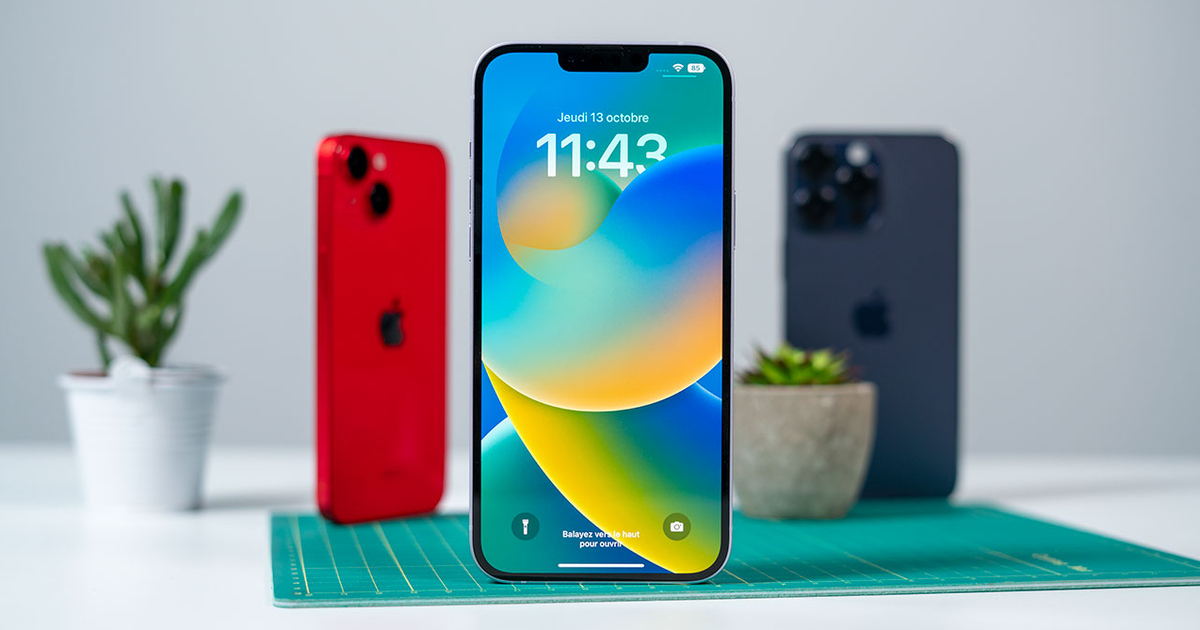The exact date of their formalization remains to be specified, but in the meantime, the technical sheet of the iPhone 15 and 15 Pro series is revealed in ever more detail. A few weeks — even days — away from the traditional keynote Back to school, Apple’s smartphone delivers some of its features. One of the most anticipated, namely the integration of a USB-C socket replacing Apple’s proprietary connector, the Lightning, should indeed be in place for this new generation of smartphones. It follows the requirements of the European Union, which however imposes its use from the end of 2024.
If the equipment of the iPhone 15 in USB-C seems acquired, the standard covers different realities. And if we are to believe the analyst Majin Bu, the new mobiles would have the merit of not imposing the MFi standard (Made For iPhone), which requires the use of cables certified by Apple; good news for those who already have one. On the other hand, this USB-C would only meet the USB 2.0 standard, at a time when USB 3.2 is becoming more popular on competing high-end smartphones: it would thus be limited to transfer speeds of 480 Mb / s However, it should be noted that the cable delivered with the iPhone 15 (a little longer than that of the iPhone 14, since it would measure 1.6 meters), would benefit from compatibility with the Quick Charge 3.0 standard. Even though smartphones are expected to be limited in power to 20W, or even 35W at best, they could allow charging up to 60W (20V3A) to power iPads or Macs.
Two weights, two measures
Apple has become accustomed to making a distinction between its classic and Pro terminals, reserving the best of its technologies for the latter. This should be the case again this year, since Majin Bu, but also his sidekick Kosutami, provide for iPhone 15 Pro and Pro Max (or Ultra) compatibility with a Thunderbolt cable. The duo agree on the compatibility of said cable with the very recent USB 4.2 standard, and on a charge of up to 120 or 150 W. The data transfer rates provided by such a cable (70 or 80 cm), Thunderbolt requires, would amount to 40 Gb / s.
